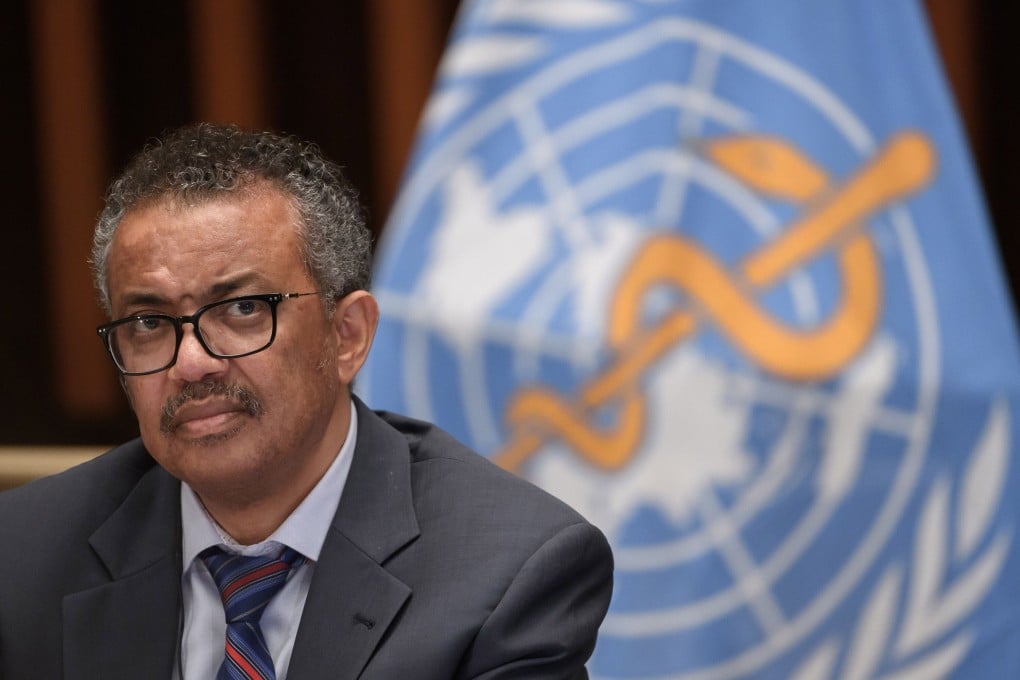‘It’s not a blame game’: WHO calls for all countries to help in Covid-19 origins hunt
- Appeal follows China’s rejection of a plan to audit laboratories as part of investigation into lab leak theory
- Chinese health official says there is no way the country will accept such a proposal

Asked about China’s rejection of the plan, WHO spokesman Tarik Jasarevic said : “This is not about politics, it’s not about a blame game.
“It is about basically a requirement we all have to try to understand how the pathogen came into the human population. In this sense, countries really have the responsibility to work together and to work with WHO in a spirit of partnership.”
The world health body presented its plan for a second phase of origins research to its member states last week, recommending “audits of relevant laboratories and research institutions operating in the area of the initial human cases identified in December 2019”.
The suggestion was a reference to further exploration of a theory the virus spread following a leak from a facility in Wuhan, the central Chinese city where the virus was first detected. The first phase was completed early this year and involved a trip to Wuhan.
In addition to including the laboratory audit, the WHO proposal calls for more research into animal markets in Wuhan, as well further study in geographic areas with early signs of circulation of the virus, and research into ways that animals could have played a role in the viral spillover.

01:51
WHO team probing coronavirus origins in China visits Wuhan wet market at epicentre of virus outbreak
As he presented the proposal to member states last week, WHO director general Tedros Adhanom Ghebreyesus called on China to cooperate.